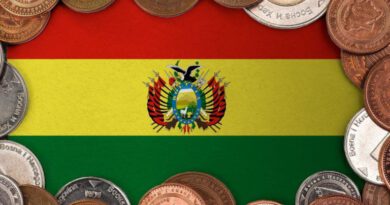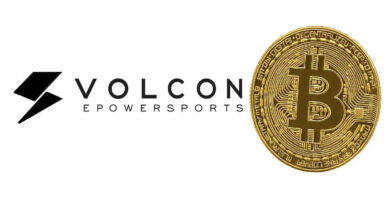Georgia House Proposes Blockchain Education in K-12 Schools
Key Takeaways:
- K–12 education on blockchain, crypto and Web3 urged by Georgia lawmakers.
- The resolution includes real-world use cases for Bitcoin and NFTs.
- This early education in tech seeks to improve digital literacy and innovation.
Lawmakers in Georgia Are Bringing Blockchain to the Classroom
The Georgia House of Representatives has taken an important step to modernize education by voting to urge its Department of Education to launch a public awareness campaign about blockchain, crypto, and Web3 technologies. The proposal, titled House Resolution 905, aims to incorporate this content across areas such as the K-12 curriculum and school events throughout the year.
The resolution, which doesn’t require any changes to the curriculum but does signal increasing support for teaching future generations about decentralized technologies that are already disrupting industries from finance to digital art, was led by a cohort of Democratic lawmakers, including Rep. Park Cannon, (District 58).
Supporters of the resolution say tech literacy is essential, as blockchain is reshaping how people interact and transact. With Bitcoin already used in mainstream commerce, they argue students should understand these tools early. Learning about blockchain could inspire careers in fintech, cybersecurity, or Web3, preparing students for a fast-changing digital economy—not just for tech elites.
Georgia Highlights NFT, Web3’s Role in Future Internet
The resolution also highlights Web3, the decentralized internet infrastructure, as the next generation of online engagement. Unlike today, where the internet is dominated by platforms, Web3 seeks to give users back control, through blockchain-based identities and apps. Web3 also opens up new models of ownership, where users can benefit directly from the platforms they engage with.
The Georgia House notes that Web3 is already impacting how businesses operate and that it provides a more secure, transparent, and efficient way to store and share data. Uniswap is one such example of a decentralized crypto exchange that leverages smart contracts for full functionality without centralized oversight.
Even the art world hasn’t been left untouched. The emergence of non-fungible tokens (NFTs) — the unique digital assets stored in blockchains — has fundamentally changed how creators transact with (and monetize) their work. It references the rise of digitized art marketplaces, like OpenSea, where artists can receive a royalty payment every time their work changes hands. Beyond art, NFTs are being explored in music, gaming, and even real estate as tools for authentication and ownership.
Why Start So Young — Blockchain for Kids?
The resolution stands out for encouraging K–12 students to engage with blockchain early—not just as consumers, but as innovators. Early exposure could help them use the technology more effectively later in life, with schools potentially adopting hands-on projects and simulations. Integrating blockchain into the classroom could also encourage critical thinking and problem-solving through real-world scenarios. Teachers in other states are closely watching. Public-private partnerships could play a key role in helping schools access the resources and expertise needed to implement blockchain education. Though Georgia’s resolution is non-binding, its potential impact is big. States like Florida and Texas have tried similar endeavors; some high schools are piloting crypto and coding clubs. New York and California are also experimenting with a different type of ID — the blockchain-based student ID, which enhances data privacy.
Doubters of early blockchain education fear it could glamorize speculative investment or take away from core subjects. But Georgia’s lawmakers say they’re not out to teach kids the finer points of crypto investing — that they simply want to teach them the technology behind it and how it works in real life.

Georgia’s Legislative Signals Might Set Off Nationwide Movement
The Georgia House’s move mirrors a broader national shift. Across the United States, policymakers are struggling with how to prepare the next generation for the Web3 future. HR 905 establishes Georgia as a leader in blockchain education, and places the importance of digital innovation on par with Math and Science. Georgia aims to bridge the digital divide and empower students to become creators in the digital world, not just users. Tech advocates say this move is long overdue, as ignoring blockchain today is like ignoring the internet in the ’90s.
More News: First-ever Crypto Regulation Roundtable Hosted by SEC: Expect This
The post Georgia House Proposes Blockchain Education in K-12 Schools appeared first on CryptoNinjas.
CryptoNinjas



















